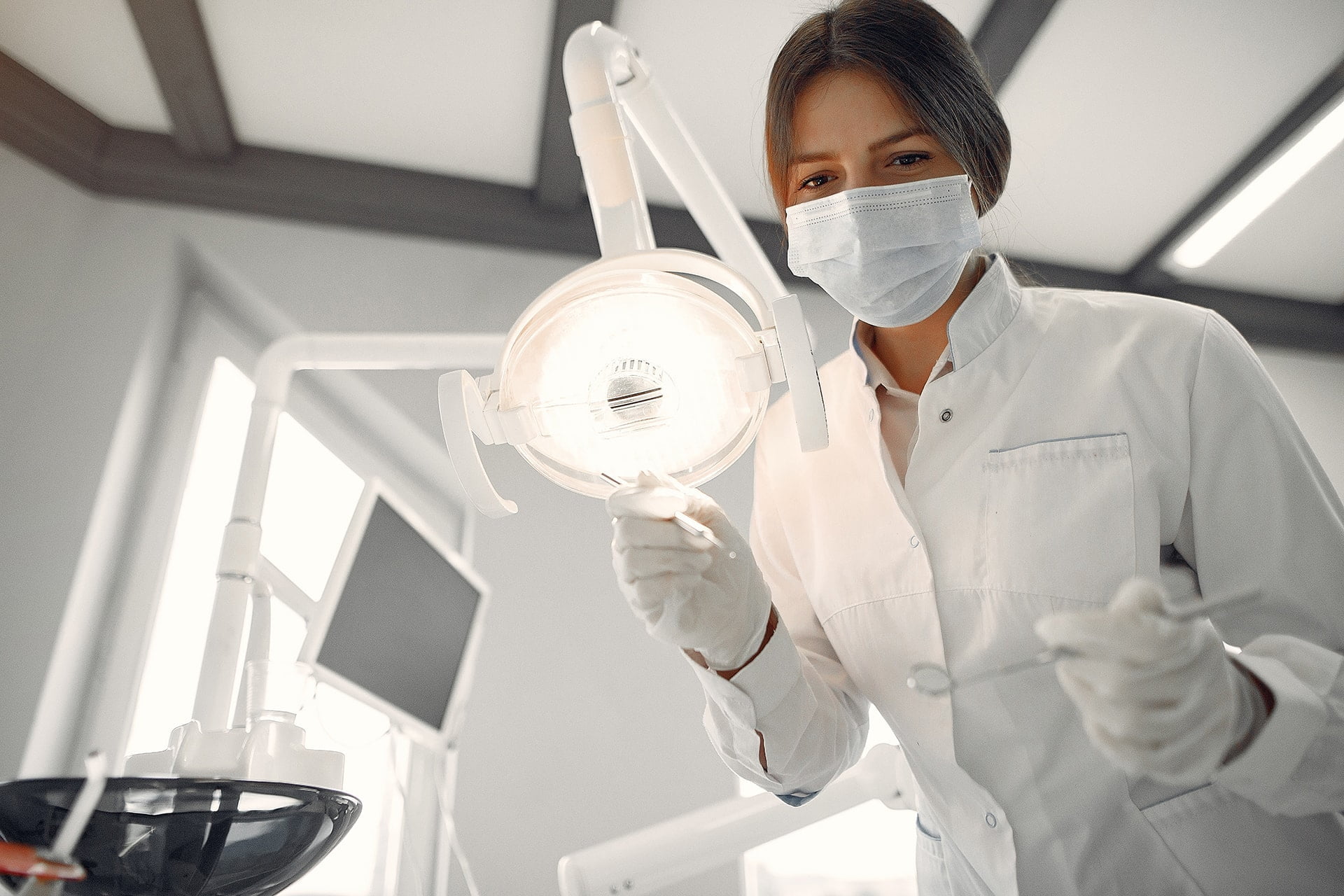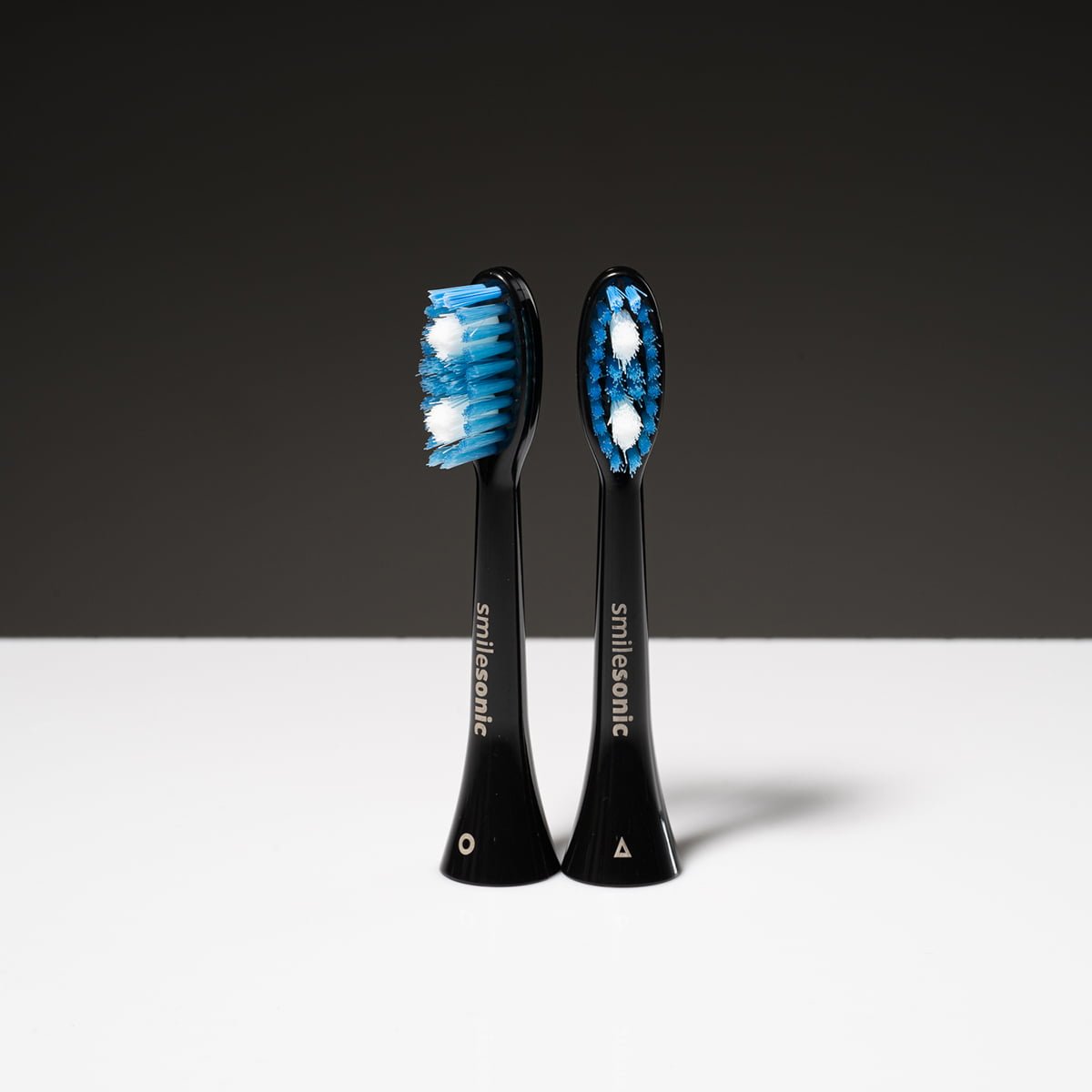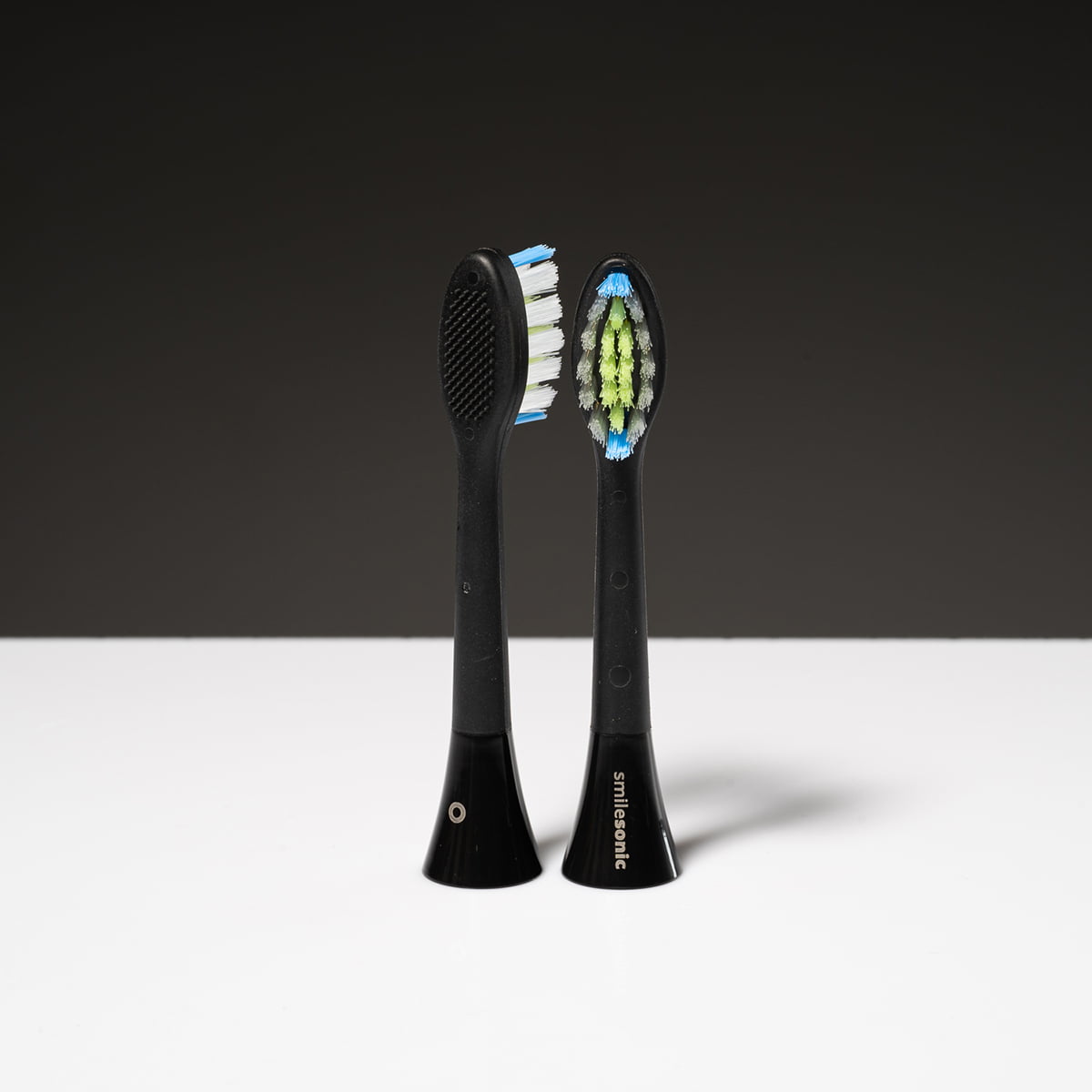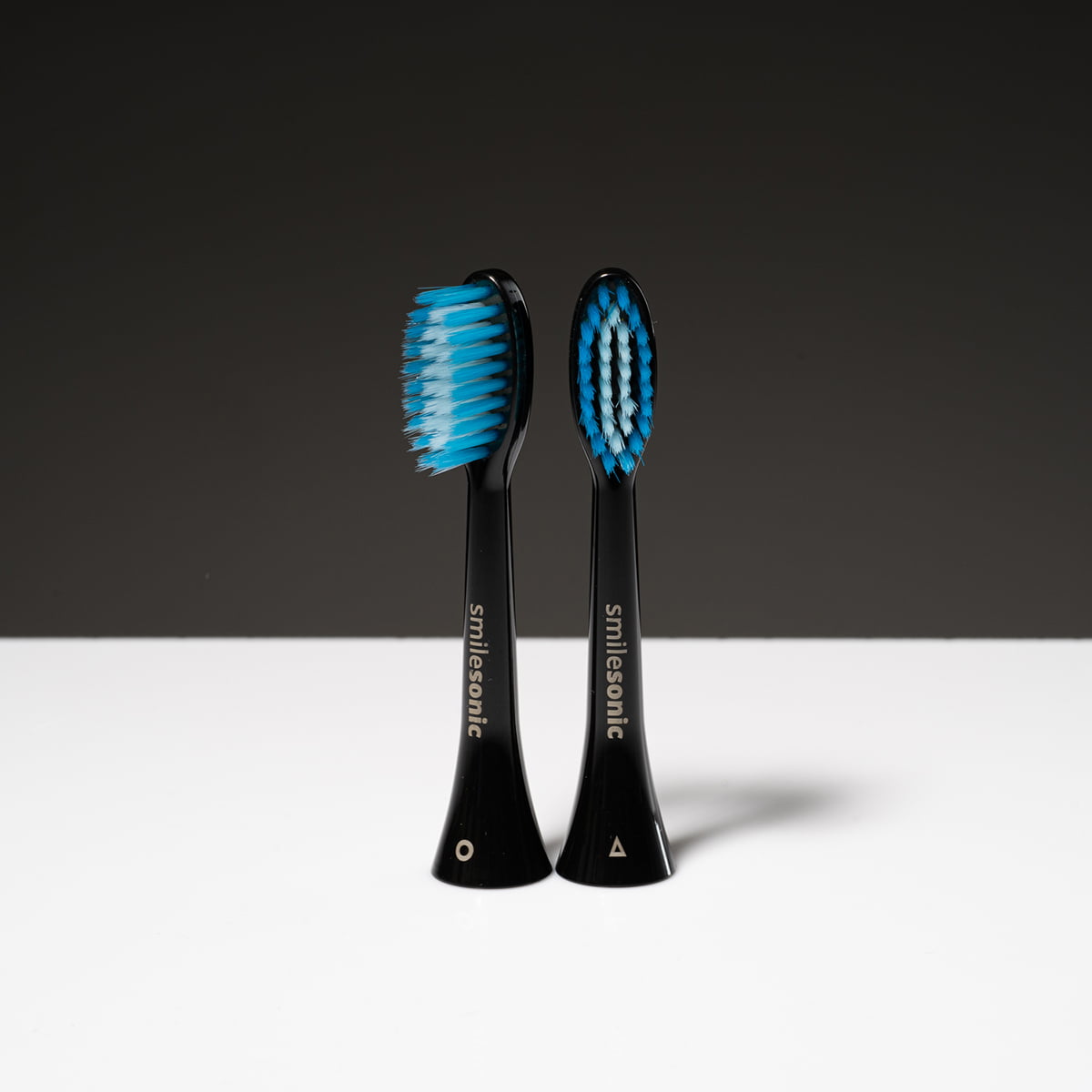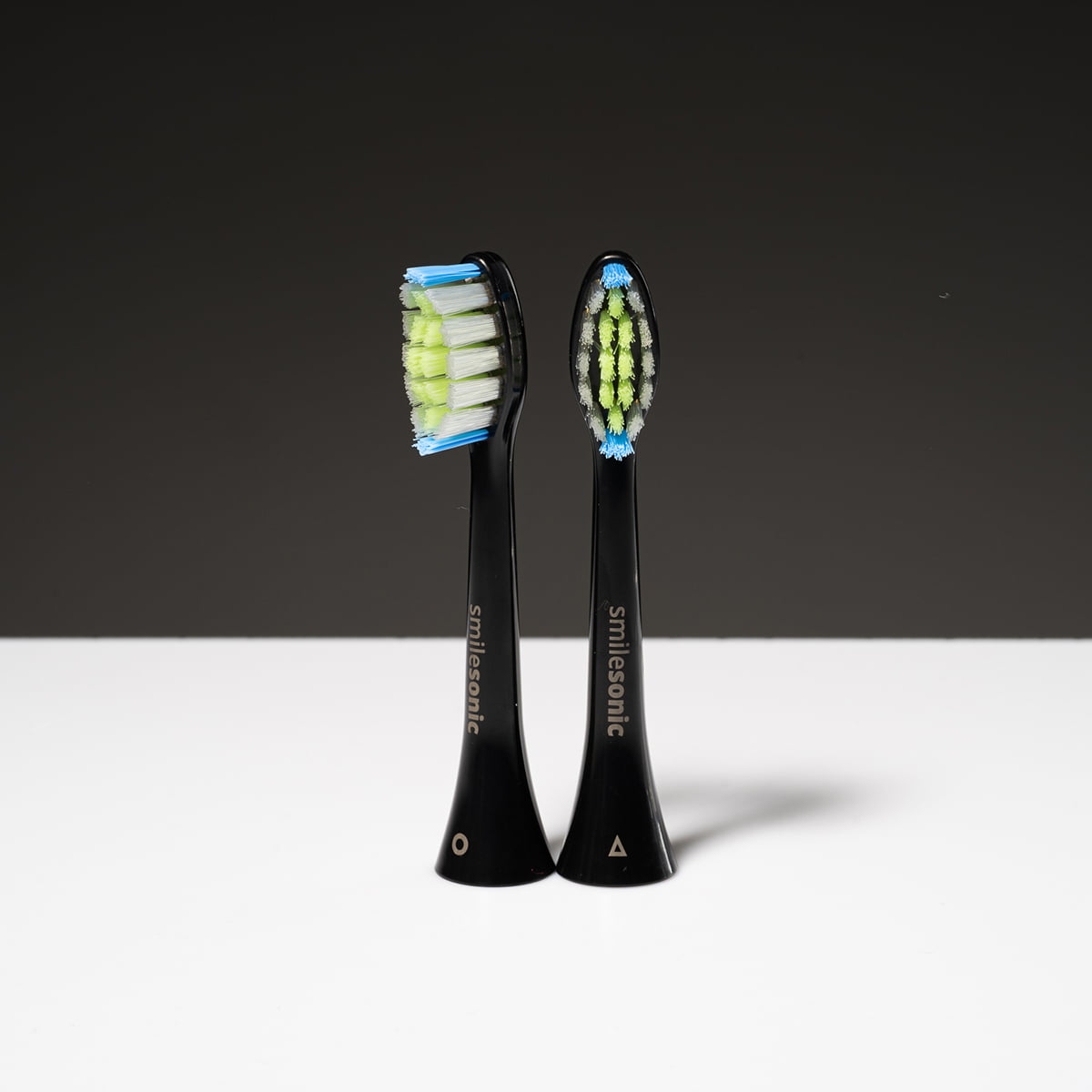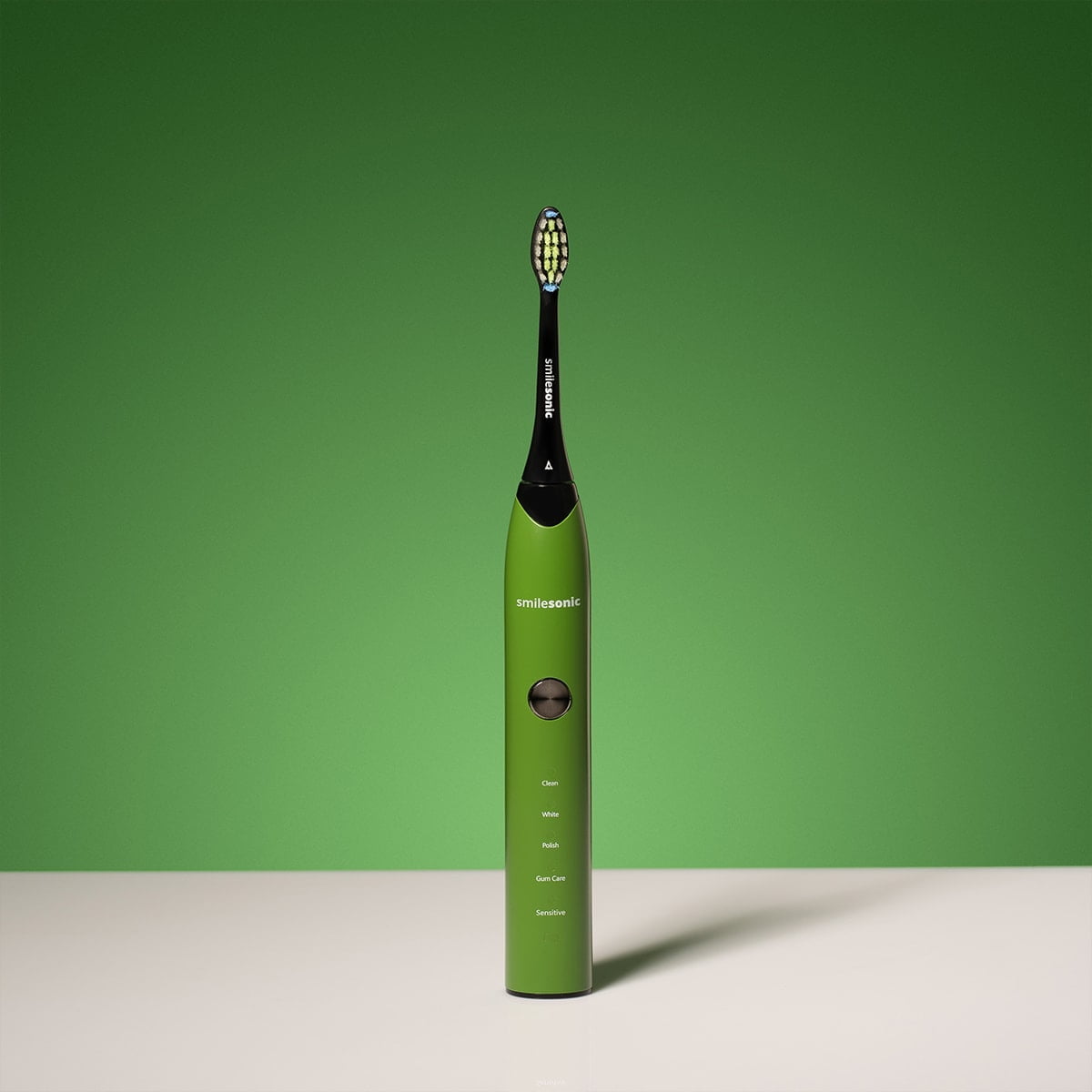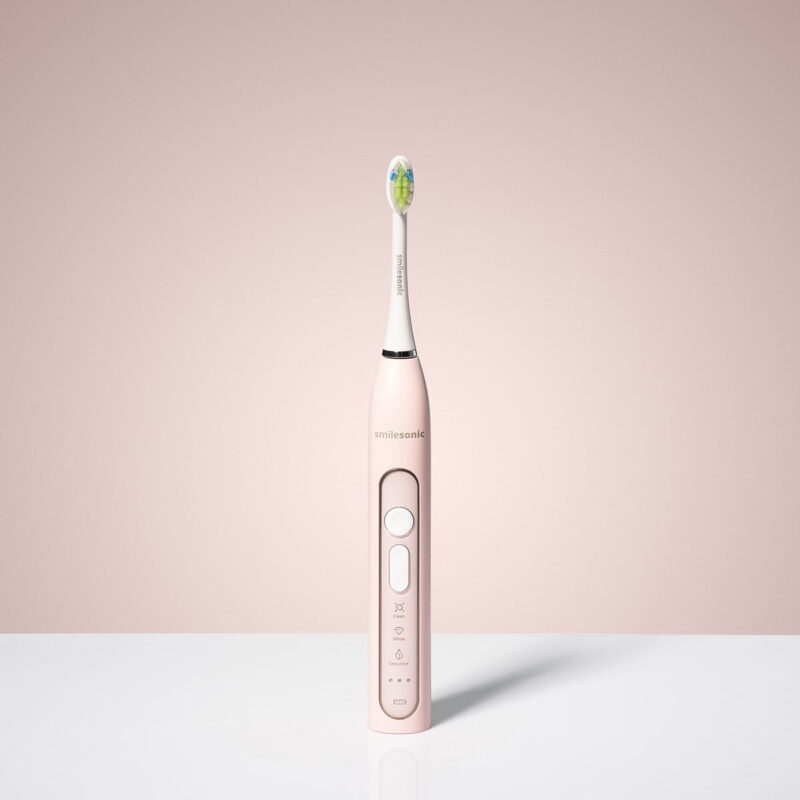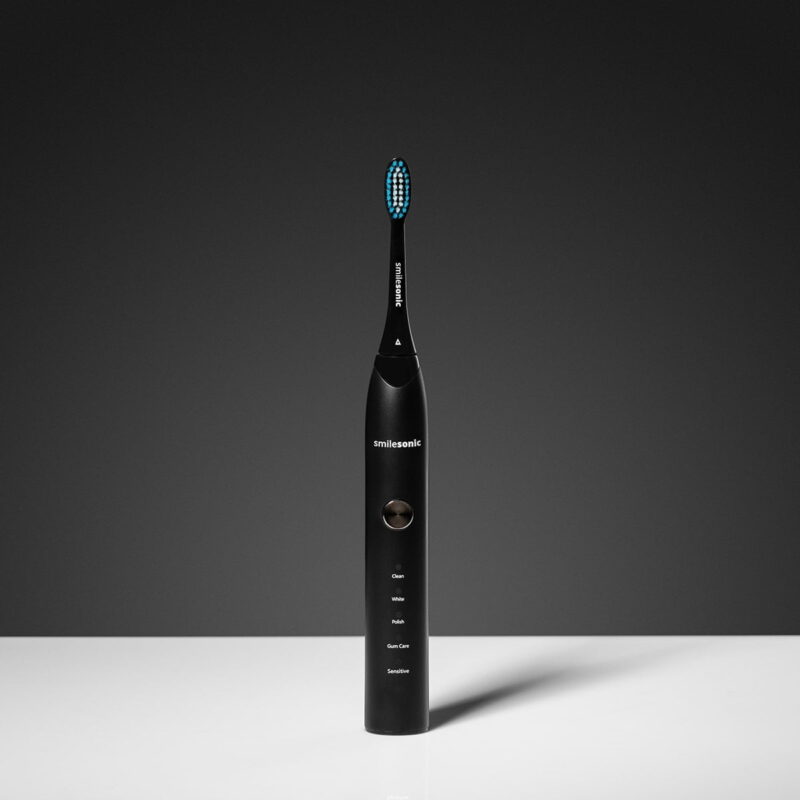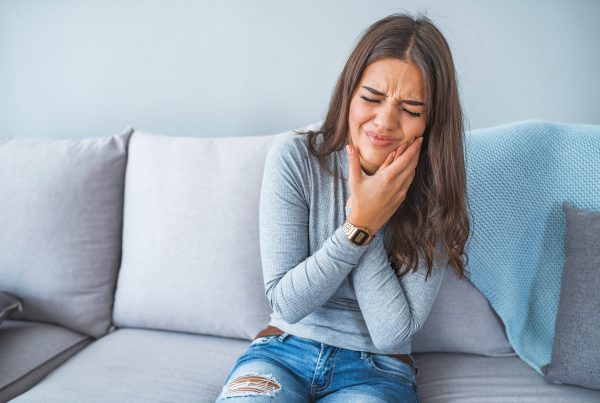How should I care for my mouth after a tooth extraction?
Whenever there is a chance, the dentist always tries to save every tooth. Unfortunately, there are cases in which there are no chances for that, and then the only solution becomes extraction. Contrary to appearances, tooth extraction performed at a dentist’s office is not painful at all. The patient is given an anesthesia which effectively protects us from unpleasant sensations accompanying the procedure. It should be kept in mind, however, that the healing process does not end with getting rid of the troublesome tooth. For the wounds to heal quickly and safely, proper care of the oral cavity is necessary for the next few days. What should it include?
The crucial five days after a tooth extraction
Tooth extraction is most often necessary due to advanced decay and serious injury or fracture of the tooth. It is performed as a last resort, only when there is no chance to cure the tooth using any of the methods known to the specialist. The extraction procedure is quite short and painless as it is performed under full anesthesia. Usually, you will be sent home from the dentist’s office after about an hour. But what happens afterwards?
Proper convalescence is very important in case of tooth extraction. Incorrect treatment after such an operation may result in many different complications, such as inflammation, the so-called “dry socket”, trismus or heavy bleeding. In most cases, the dentist will instruct us on how to behave during the first few days after the tooth extraction, but this is not always the case. So, it’s worth reviewing our recommendations.
First and second day after tooth extraction
Forty-eight hours after the tooth extraction procedure is the time when we should focus mainly on rest. During this period of time you should not spit, blow your nose, smoke, chew gum, rinse your mouth (especially with specialized mouthwashes!) or drink through straws. Such activities could damage the blood clot and thus make the wound heal longer or allow unwanted bacteria to enter it. The first two days after the procedure can be quite painful, so it is advisable to apply cold compresses to the sore area during this time. If this does not help, the discomfort can be alleviated by using over-the-counter painkillers available at the pharmacy.
Third, fourth and fifth day after tooth extraction
Three days after the procedure you can start eating. However, it is not allowed to eat everything that comes along – we are only allowed to consume products with a mushy, soft consistency, i.e. those that do not need to be chewed. These include soups, yoghurts, jelly or pudding. You should also not forget to brush your teeth – this should traditionally be done for two minutes and cover all possible areas of the oral cavity, however with particular care when cleaning the area around an extracted tooth.
What should I not do after a tooth extraction?
After a tooth extraction, the dentist will place a bandage on the socket to stop the bleeding. The bandage should not be moved for the first few hours after leaving the dentist’s office as this could disrupt the clot, the consequences of which we have already outlined above. What else should you not do for a few days after tooth extraction? Here is a list of prohibited activities and behaviors.
- Use of stimulants. At least a few days after the procedure you should refrain from smoking and drinking alcohol. Nicotine causes shrinkage of blood vessels and impairs blood flow, resulting in slower wound healing. In addition, it increases the risk of “dry socket”. Alcohol also dries out the mucous membranes and should not be combined with antibiotics and painkillers taken after surgery.
- Consumption of hot food and drinks. We mentioned earlier that hard foods are forbidden, but hot ones should also be avoided. Firstly, they can burn your mucous membranes, and secondly, high temperature expands the mucous membranes, which increases the risk of losing the clot.
- Physical exertion. After the procedure, you should also refrain from practicing sports. Our oral cavity is then very sensitive to any sudden movements, and the body is weakened. Specialists recommend at least a few days of passive rest.
What factors should prompt us to make an emergency visit to the dentist?
If we follow all the above rules, it is likely that our wound will heal quickly, and after a few days we can return to normal life. Unfortunately, there are situations that – through our own fault or not – should be a clear sign to us that we need to go to the dentist. The most common of these include a high temperature after the procedure, severe pain and heavy bleeding from the post-operative wound.
Smilesonic sonic toothbrushes can help you avoid such problems. In Sensitive mode they work extremely subtly and gently, which allows us to maintain perfect oral hygiene, while not disturbing the clot. The devices are available in three versions: GO (for beginners), EX (for those who value maximum comfort and effectiveness of cleaning), and UP (for the most demanding, who want to have as many cleaning options as possible to choose from).
